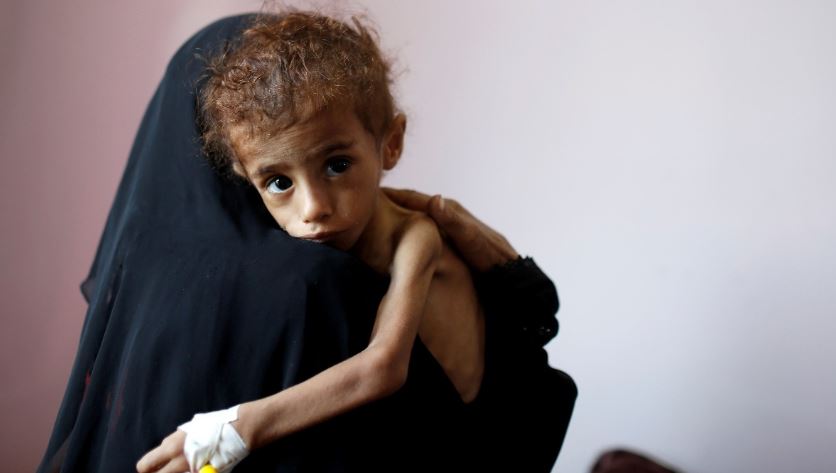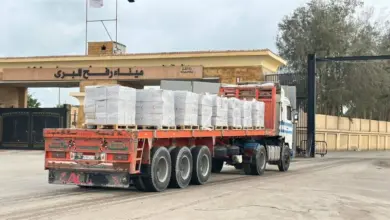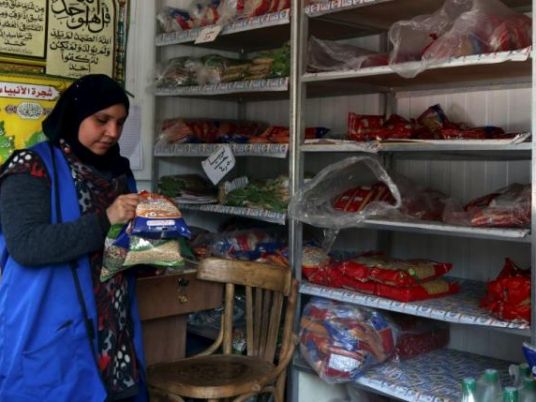
GENEVA (Reuters) – Food aid meant for starving people in Yemen is being stolen and sold in some areas controlled by the Houthi movement, the UN World Food Program (WFP) said on Monday.
The Houthis control most towns and cities including the capital Sanaa, from where they ousted Abd-Rabbu Mansour Hadi’s government in 2014. A Saudi-led coalition intervened against the Houthis in 2015 with the aim of restoring his government.
After hearing that humanitarian food was being sold on the open market in Sanaa, WFP said it found many people had not received the food rations to which they are entitled, and that at least one local partner organization affiliated with the Houthi Ministry of Education was committing fraud.
“This conduct amounts to the stealing of food from the mouths of hungry people,” WFP Executive Director David Beasley said. “At a time when children are dying in Yemen because they haven’t enough food to eat, that is an outrage. This criminal behavior must stop immediately.”
Houthi officials contacted by Reuters did not immediately respond to requests for comment.
Yemen’s war and the ensuing economic collapse have left 15.9 million people, 53 percent of the population, facing “severe acute food insecurity” and famine was a danger if immediate action was not taken, a survey said this month.
WFP is trying to get food aid to as many as 12 million severely hungry people.
It said its monitors had gathered photographic and other evidence of trucks illicitly removing food from designated food distribution centers and local officials falsifying records and manipulating the selection of beneficiaries.
“It was discovered that some food relief is being given to people not entitled to it and some is being sold for gain in the markets of the capital,” the WFP statement said.
Beasley said he was asking the Houthi authorities to stop food being diverted and make sure it reaches the people who need it.
Herve Verhoosel, WFP spokesman in Geneva, said WFP was looking at the possibility of distributing cash to needy people, if a biometric identification system could be introduced, using personal data including iris scans and finger prints.
He said Beasley had written to the Houthi leadership about the WFP findings several days ago.




